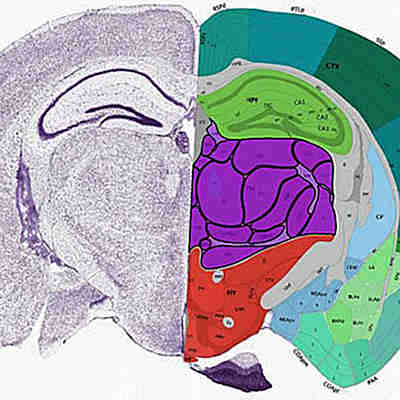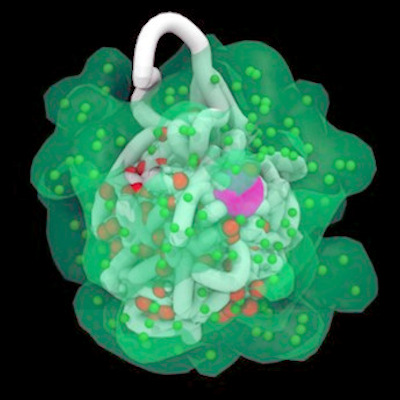July 14, 2022 -- Scientists from the Van Andel Institute, Children’s Hospital of Philadelphia, and University of Pennsylvania, in collaboration with Illumina and Foxo Technologies, have developed a mouse DNA methylation array that contains more than 296,000 probes and a murine methylome atlas of 1,239 diverse cell types, strains, ages, and pathologies.
A study, published on July 13 in the journal Cell Genomics, describes the mouse DNA methylation array which is accessible to the research community and is meant to accelerate high-sample-throughput studies, giving researchers an in-depth view into the basis of health and disease in this important model organism.
The array includes markers for biological features including genomic imprinting, aging, cancer, variably methylated regions, germ cell development, tissue specificity, x-linked probes, genomic imprinting, and epigenetic clocks.
"DNA methylation is one of the pillars of epigenetics research," said Hui Shen, PhD, co-corresponding author of the study and associate professor at the Van Andel Institute, in a statement. "This array gives scientists around the world a powerful new tool to understand the role of methylation in normal processes and in diseases like cancer and many others."
Copyright © 2022 scienceboard.net









